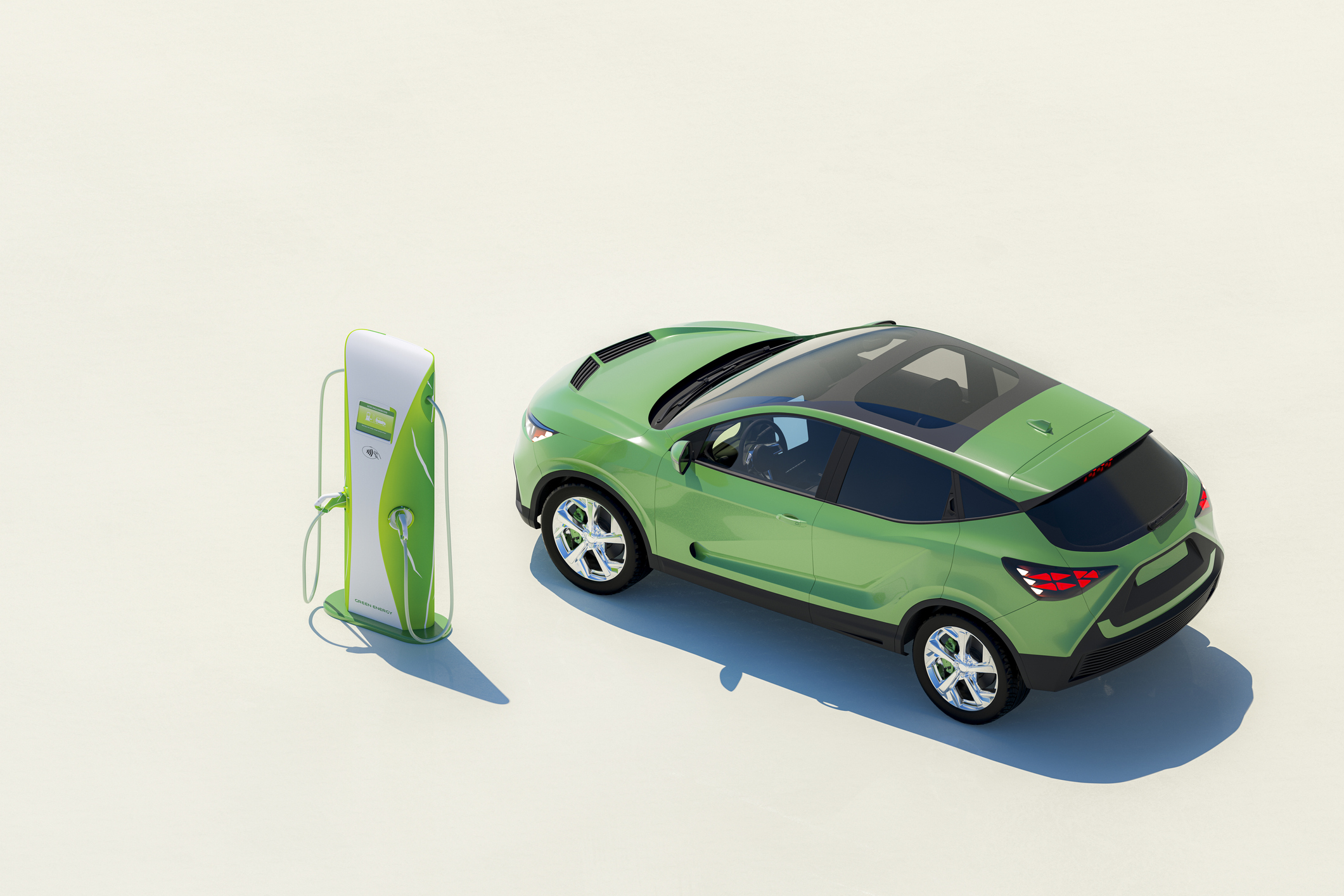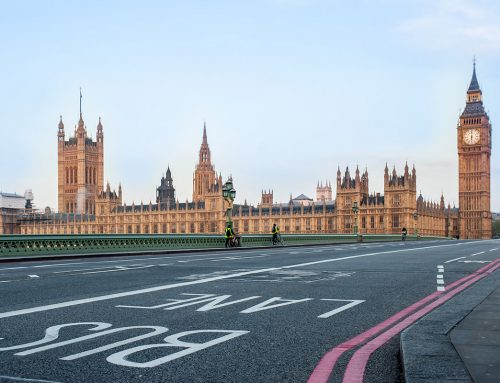With the impending UK government ban on the manufacture of new fossil fuel vehicles beyond 2030 [1] which will also include Hybrid vehicles from 2035, [2] is the time right for UK citizens to go all electric sooner rather than later, given we are in the eye of a phenomena that is global warming?
Looking at the price of a fossil fuelled, basic 3 door hatch Mini, against the all electric version of the same vehicle, there is an £8,700 difference in price (OTR) of the Electric vehicle. Supporters of EV’s will tell you that you will save a lot more in running costs, which really does depend whether you are re-charging at home over night on cheap rates, or you are charging on a ‘rapid charging point’ somewhere on your route, which you would be well advised to check out Zap Map [3] to see where the nearest is going to be.
Then there are the different companies who use different charging rates, and it has been reported that some are difficult to find and operate. Surely it makes sense to have just one system and one payment method when away from home charging? You may now also have to consider electricity increases, given the CAP will be increased on home fuels for 2021 from April.
When buying an EV, Vehicle Excise Duty (VED) is Zero rated on purchase currently and there are grants, capped at £3,000 [4] which the government provide through your retailer. There are many methods of getting the most out of your battery, albeit, it is recommended not to let your battery go completely flat nor to charge it to 100% capacity, as the latter tends to over heat battery’s when putting that level of charge in. The recommended charge to apply is around 80%. Methods to extend battery life that manufacturers recommend are:
Adopting fluid driving. This is ensuring smooth operation of controls i.e. gas, braking and cornering. Reduce speed on motorways to extend rage. Observe vehicle information.
Using Brake mode. Avoid constant braking, instead use the braking system which allows energy to be regenerated and therefore charges the battery, during decelerating.
Using “eco” mode. Use the ‘Eco’ method to save energy/engine power, especially in the city.
Using the preconditioning. This function warms up/ cools down your vehicle while charging. It can limit energy use in heating/cooling whilst driving. Your car will be at an ambient temperature during charging.
Maintaining the tyres. Tyre pressures should be correctly maintained. Under inflated tyres can cause an increase in energy use by 2% as well as cause additional wear to tyres and potentially cause safety issues of grip during braking and steering.
Fossil fuel is not going to run out any time soon. Modern cars using this type of fuel will also be around for an average of 15 – 20 years beyond the introduction of the bans during their normal life span. Vehicles are only the first to have restrictions placed upon them and there will inevitably be more in the future given we only have one planet to live on. If we are to live in harmony with it, is it right to consider any actions which will enhance the quality of life for those who come behind us, or is it right we should look after today and let tomorrow look after itself? Safe Driving!
[1] The Guardian on line – Accessed 070221 – https://www.theguardian.com/environment/2020/sep/21/uk-plans-to-bring-forward-ban-on-fossil-fuel-vehicles-to-2030
[2] This is Money on line – Accessed 070221 – https://www.thisismoney.co.uk/money/cars/article-8965773/Which-hybrid-cars-banned-2035.html
[3] https://www.zap-map.com/live/
[4] Correct at time of blog being written






